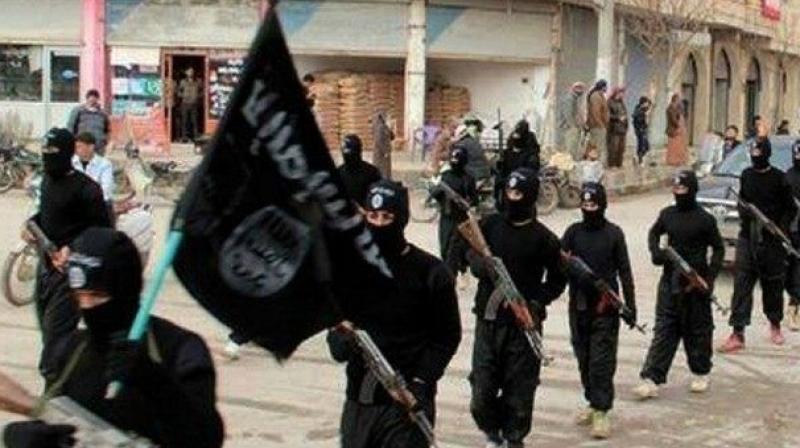Australia ends air strike against ISIS in Iraq, Syria
The decision follows the Islamic State jihadist group losing its two main hubs -- Mosul in Iraq and Raqa in Syria.

Sydney: Australian warplanes will cease their air strike campaign in Iraq and Syria; it was announced on Friday, with the country's six hornet jets heading home after a three-year mission.
The decision follows the Islamic State jihadist group losing its two main hubs, Mosul in Iraq and Raqa in Syria.
It is now only clinging to the dregs of a "caliphate" that spanned territory the size of Britain three years ago, with Iraq declaring victory in the war in December.
Defence Minister Marise Payne said Canberra had decided to scale back its mission after consultations with coalition allies following more than 2,700 sorties.
"The battlefield success against Daesh means our own Operation OKRA has now reached a natural transition point and our strike aircraft will begin returning home early in the New Year," she said, referring to ISIS by its Arabic acronym.
"Since October 2014, our Hornet pilots and support personnel have made a significant contribution in support of the Iraqi Security Forces and I commend all the personnel who have contributed over this period for their dedication, skill and professionalism," she added.
Based in the Middle East, Australia's Air Task Group consists of six F/A-18 Hornets, an E-7A Wedgetail Airborne Early Warning and Control aircraft, and a KC-30A Multi-Role Tanker and Transport plane.
While the hornets are returning, the Wedgetail and the refuelling plane will continue to support coalition operations and around 380 personnel will stay to train Iraqi forces.
The United States first sent warplanes in August 2014 to carry out strikes against IS when it was massacring members of the Yazidi minority in the Sinjar region of northern Iraq.
A coalition was formed soon after with the support of around 60 nations, although only a handful such as Australia, Britain and France has played a significant military role.

